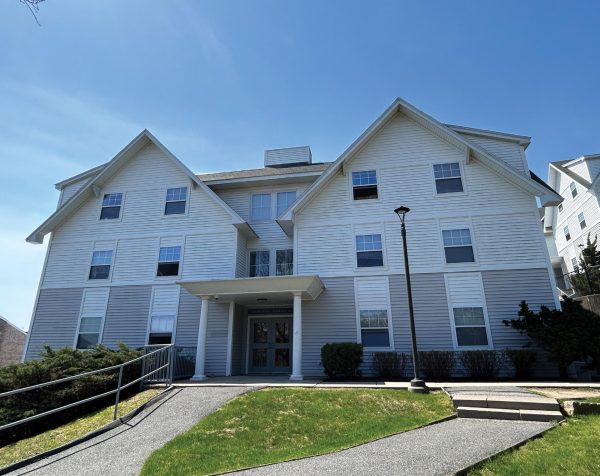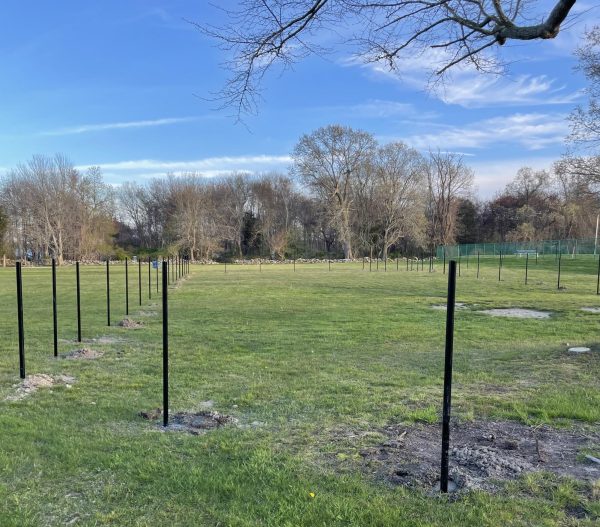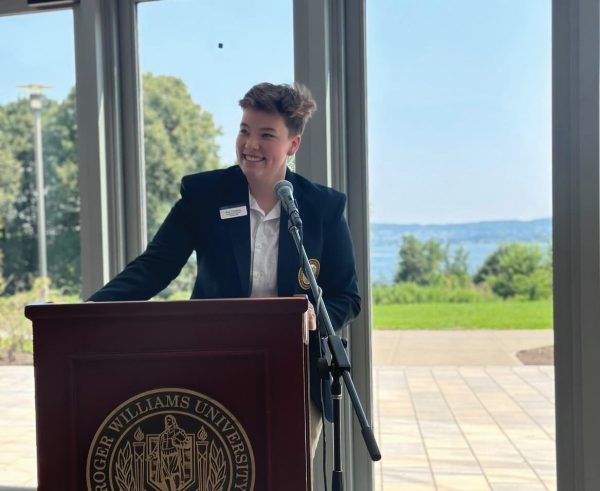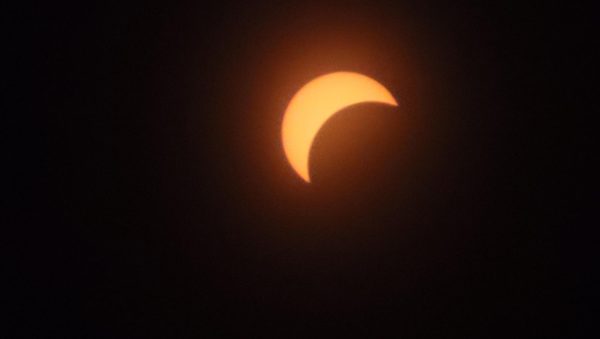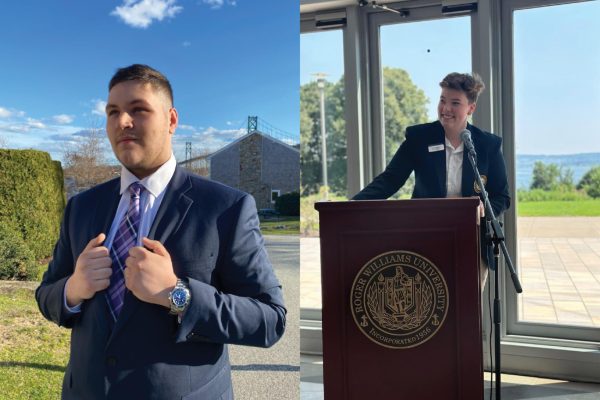Guest speaker Hayat Alvi speaks on literacy, security, Yousafzai
The intersection of literacy, education, and international/national security is not often something that comes to mind when people think of these concepts on their own. However, throughout guest speaker Hayat Alvi’s lecture, it became clear that these three topics are very much interconnected.
Alvi led the discussion in the Mary Tefft White Cultural Center on Wed., March 21. The event was a part of the “Talking in the Library” series that the university library puts on every semester as a way to showcase noted authors, scholars, and thinkers from the local community and beyond.
“Among the objectives of the ‘Talking in the Library’ series is that we strive to engage in conversations that involve complex and sometimes difficult ideas in order to better understand our world and our role in it,” said Associate Professor of Creative Writing and Writer-in-Residence Adam Braver.
Alvi is currently an associate professor at the Naval War College and previously taught at American University, and also served as Arcadia University’s director of the International Studies Program. With an academic background in international relations, Islamic studies, and regions of the Middle East and North America and South Asia, her work has certainly led her to the topic of discussion of the day.
Alvi began her presentation by discussing the concept of literacy and how it is relevant to people living everywhere in the world.
“I want to preface all of this by saying that these are not issues that are just related to the developing world,” said Alvi. “We have problems with literacy as well in developed countries, advanced countries, however you want to describe them… literacy challenges exist everywhere, even in the United States.”
In response, one member of the audience referenced the issues that the United States is facing in its K-12 educational system, citing it as a “major crisis.”
After Alvi shared images of children piling into rickshaws and crossing dangerous bodies of water with nothing but rope and their bare hands, one student in the audience couldn’t help but compare the urgency to which the children in developing countries feel the need to attend school, to that of many children attending school in the United States. The attitudes toward education range greatly, with many children in the United States seemingly taking for granted the educational opportunities they have.
Alvi included statistics in her presentation that showed the global literacy rates of Afghanistan, India, Niger, Pakistan, South Sudan, Yemen, and Bangladesh. For every single country listed, the literacy rates for females were far lower than those of males.
“More than three-quarters of the world’s 781 million illiterate adults are found in South and West Asia and sub-Saharan Africa,” Alvi said, adding that, “of all the illiterate adults in the world, almost two-thirds are women.”
She noted that, when collecting data from sources such as each individual country’s government, there is a strong possibility that the statistics have been “embellished” and that the numbers are conservative. An alternative might be numbers reported by non-profit organizations living in those areas.
Malala Yousafzai is well-known for being an activist for female education, particularly for the women and girls living in her native Swat Valley of northern Pakistan. In 2012, Yousafzai survives being shot in the head, neck, and shoulder by a member of the Taliban.
Alvi praised Yousafzai for her bravery, quoting the young activist on how she has responded to the Taliban: “I don’t want revenge of the Taliban, I want education for sons and daughters of the Taliban.”
Alvi stated that the extremists are afraid of literacy, particularly for females, because it threatens the control that they are able to exert over illiterate individuals.
“We need the intellectual discourse, we need strengthening of K-12 educational system, we need to prioritize education,” Alvi concluded, expressing sadness over the amount of money put into, for instance, political races, wars, and conflicts.

